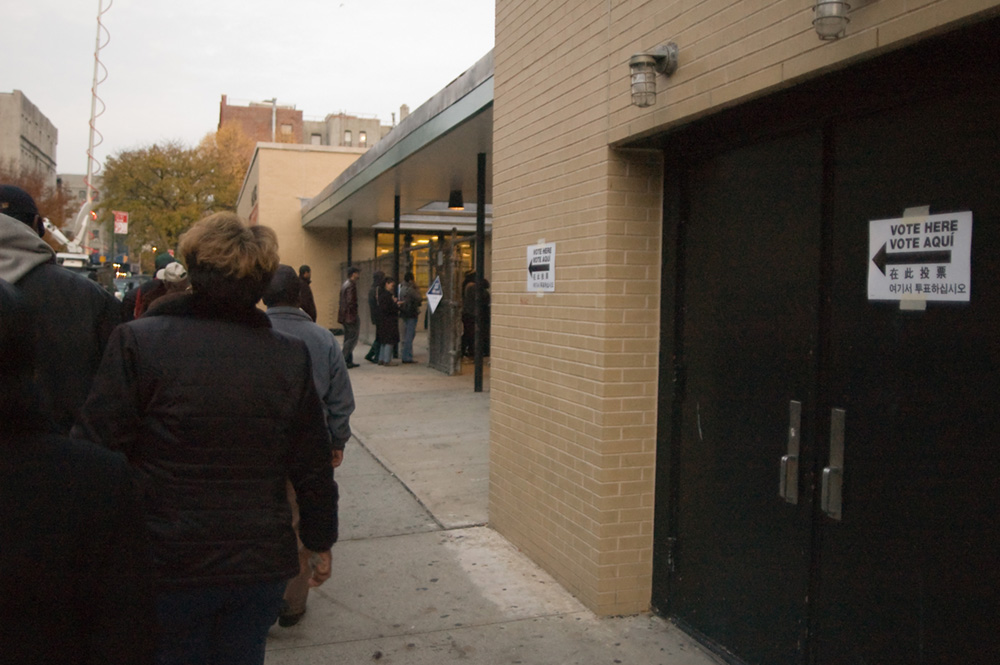| << Chapter < Page | Chapter >> Page > |

When describing a nation’s politics, we should define the term. We may associated the term with freedom, power, corruption, or rhetoric. Political science looks at politics as the interaction between citizens and their government. Sociology studies politics as a means to understand the underlying social norms and values of a group. A society’s political structure and practices provide insight into the distribution of power and wealth, as well as larger philosophical and cultural beliefs. A cursory sociological analysis of U.S. politics might suggest that Americans' desire to promote equality and democracy on a theoretical level is at odds with the nation’s real-life capitalist orientation.
Lincoln's famous phrase “of the people, by the people, for the people” is at the heart of the U.S. system and sums up its most essential aspect: that citizens willingly and freely elect representatives they believe will look out for their best interests. Although many Americans take free elections for granted, it is a vital foundation of any democracy. When the U.S. government was formed, however, African Americans and women were denied the right to vote. Each of these groups struggled to secure the same suffrage rights as their white male counterparts, yet this history fails to inspire some Americans to show up at the polls and cast their ballots. Problems with the democratic process, including limited voter turnout, require us to more closely examine complex social issues that influence political participation.
Voter participation is essential to the success of the U.S. political system. Although many Americans are quick to complain about laws and political leadership, in any given election year roughly half the population does not vote (United States Elections Project 2010). Some years have seen even lower turnouts; in 2010, for instance, only 37.8 percent of the population participated in the electoral process (United States Elections Project 2011). Poor turnout can skew election results, particularly if one age or socioeconomic group is more diligent in its efforts to make it to the polls.
Certain voting advocacy groups work to improve turnout. Rock the Vote, for example, targets and reaches out to America’s youngest potential voters to educate and equip them to share their voice at the polls. Public service promos from celebrity musicians support their cause. Native Vote is an organization that strives to inform American Indians about upcoming elections and encourages their participation. America’s Hispanic population is reached out to by the National Council of La Raza, which strives to improve voter turnout among the Latino population. William Frey, author of Diversity Explosion, points out that Hispanics, Asians, and multiracial populations is expected to double in the next forty years (Balz 2014).

Notification Switch
Would you like to follow the 'Introduction to sociology 2e' conversation and receive update notifications?